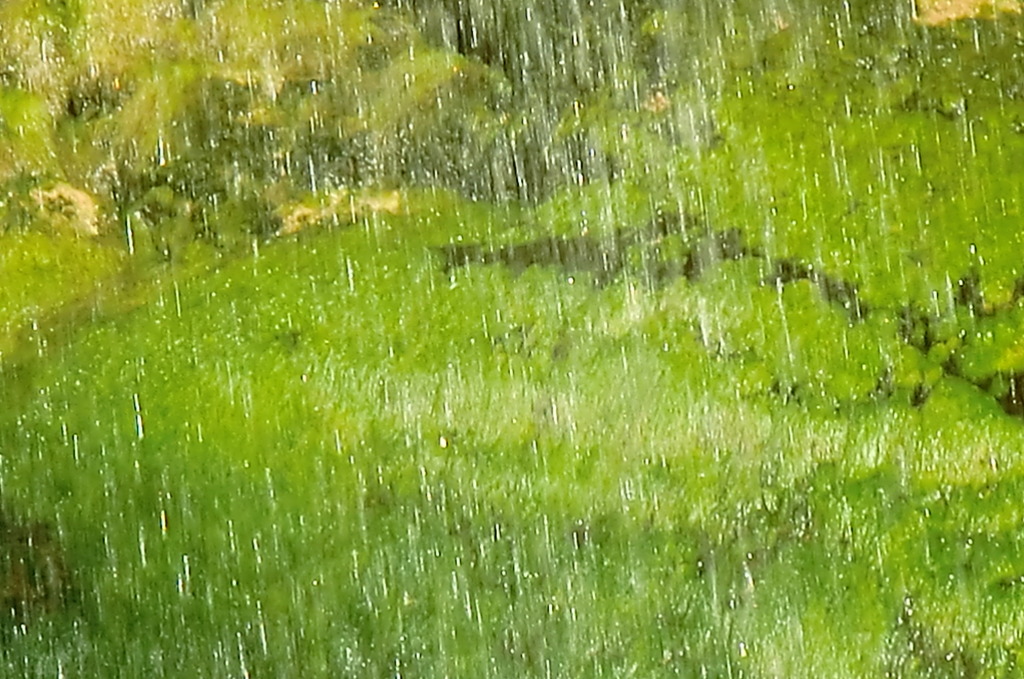To choose doubt as a philosophy of life is akin to choosing immobility as a means of transportation.A few days ago the phone rang while I was cooking dinner. A man introduced himself, said he was calling from some tech web site, but he was speaking so quickly that I didn’t catch his name. All I heard was that he wanted to verify details about my credit card. I immediately thought it was a scam, someone trying to trick me into giving just the right information so my card could be stolen. He had enough personal data about me that I didn’t immediately hang up, but rather suspiciously and abruptly said “Who ARE you?” And once again, dropping his tone and slowing his pace so I could understand him, he said “Mme, my name is Ray and I am trying to help you.” He then recited my full credit card number with all of the correct verifying information. Clearly he had my home phone number and he also had my undivided attention. Again I said “WHERE did you get this information and who ARE you?” I was so suspicious and alarmed that I was having trouble listening. I doubted everything he said as he tried to assure me about his legitimacy. Again he explained the purpose of his call. It turned out that someone was, indeed, trying to use my credit card to make a $7,500 purchase on his web site. Because this was such an unusual order, he was suspicious and decided to track me down. But I still had my doubts until he emailed me the lengthy exchange between him and the supposed customer. Attached to the email was a copy of a hand written purchase order with my forged signature. I didn’t doubt Ray any more. He really was a Good Samaritan. The Buddha described the mind filled with doubt like looking into a bowl full of swampy murky water or being lost in the desert without a map. In both analogies, we’re stuck, cannot see clearly and don't know where to turn. The phrase “plagued by doubt” is an apt analogy. We may feel confused, indecisive or even immobilized. Thoughts like “I can’t do it,” “It won’t work,” “It’s not a good time,” are examples of the doubting mind, one that can be self-defeating and self-sabotaging. In the context of both meditation and our daily lives, doubt is a hindrance. It’s an obstacle to concentration, reflection and insight, growth, exploration, creativity and appropriate action – just about everything. But before we can overcome doubt, we must recognize its presence. Knowing doubt for what it is, how it manifests and takes hold is the starting point. We can swirl around in the muck trying to find our way, or we can pause, get our feet on the ground and ask ourselves “what’s going on here?” A little curiosity and investigation can widen our perspective, lift the fog of doubt and end the plague. The Buddha compared overcoming doubt to crossing a dangerous desert and arriving safely on the other side. With a wider perspective, doubt becomes functionally useful. It was appropriate for me to initially doubt the veracity of Ray’s story, but it also took me a long time to calm down, listen and treat him with the respect he deserved. Had I abruptly hung up believing it was a scam, I would have been blinded by my doubt which would have cost me a lot of hassle later on. Once we know doubt as doubt and approach it with openness and curiosity, it is transformed from an obscuring hindrance to a significant and necessary doorway to knowledge, clarity, greater awareness and insight.- Yann Martel, The Life of Pi
Great Doubt, Great Awakening Little Doubt, Little Awakening No Doubt, No Awakening-Hakuin Ekaku, 18th-century Zen master

